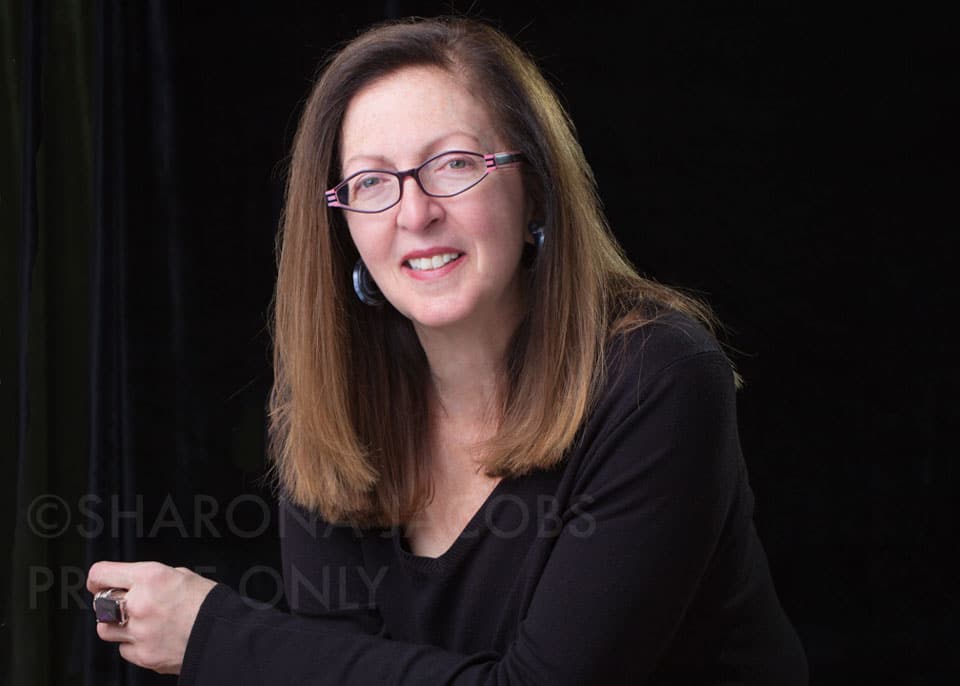Take Two: How to Successfully Embrace a New Self-Identity

Who am I? We ask this question in times of uncertainty when we feel disconnected from our sense of self. When disruption happens in our lives — in the aftermath of a breakup, the loss of a job, a troubling health diagnosis, or some other upheaval occurs — we must find a way to answer this question and re-imagine ourselves.
But how do we begin the process of creating — and embracing — a newly reimagined self?
One of my clients, Lakshmi, underwent a radical transformation of who she was. Lakshmi was a student in an MD/PhD program, but after the first year she realized this wasn’t for her. The realization was crushing and chaotic. She came from a family of high achievers — her parents were both academic researchers at a prestigious university — and they had intractable beliefs about Lakshmi’s career path.
Once Lakshmi realized that she didn’t want to pursue academic medicine she no longer knew who she was. This awareness is a critical first step along a path of transforming ourselves. It brings new thinking to assumptions we hold about ourselves and our roles.
Lakshmi’s realization didn’t translate into instant answers. She, like many experiencing disruption, felt lost.
We lack the vocabulary in our society to support this increasingly common occurrence — when our sense of self becomes conflicted, like Lakshmi’s. We need to adopt new approaches that not only foster innovation in our self-concept, but also support us through our emotional response to changes in our self-definition. We need techniques that can bring clarity, energy, and optimism to any journey of transformation.
As a starting point, consider these three insights, which can serve as on-ramps to understanding more of how to successfully move beyond this point of uncertainty.
- Chart your course. In response to disruption, we can respond in a number of ways. We can cling to the status quo, we can hold fast to a place of imagined stability, we can change, or we can transition. My research encouraged me to look deeply at the last two. What happens when we choose to change or transition in the face of disruption?
Society teaches us to use the terms change and transition interchangeably, even though they hold different meanings in the face of disruption. Change occurs when we alter particulars — we land a new job, move to a new apartment, adopt new habits. When we opt for change, we maintain a known expression of who we are.
Transition involves unknown outcomes and occurs when there’s a shift in what holds value and meaning to us. It invites us to re-examine the assumptions upon which our sense of self relies. Those of us who understand Lakshmi’s struggle or have faced the question, Who am I?, know one other characteristic about transition. It initiates an intense emotional reaction that’s common when we step away from the familiar territory of who we are.
- Recast your narrative. What is your story? Stories serve as powerful enabling forces during periods of transformation. Our society loves chronological architecture for our stories. I was A, then B, then C, and now X. But this structure is past focused, making it difficult to envision what’s next.
Instead, switch the story’s architecture away from chronology to value-based. Here’s how: Choose one thing that you value — compassion, responsibility, balance, adventure — and practice telling your story through that lens. You’ll be amazed at what emerges. Stories anchored by our values help us connect with ourselves in new ways.
My value-based introduction, for example, goes as follows: “I’ve always been motivated by the concept of ‘being seen.’ I endeavor to help others be seen for who they are and it’s a throughline for my own life and career. My research into the crossroads of adult lives has really been about providing others with the techniques so that they can ‘be seen’ in all of the circumstances of their lives.”
- Reconsider your expectations. What expectations do you carry? For Lakshmi they involved following a professional path that was deeply rooted in her parents’ expectations. Her challenge was to name those expectations, examine whether they were serving her well, and acknowledge that they aren’t locked but can be in flux. Once Lakshmi realized that her MD/PhD program was not for her, she needed to reexamine the expectations that would guide her forward.
Lakshmi’s re-examination of her expectations serve her well in moving forward. She began volunteering for AmeriCorps in community health. She said, “This step helped me confirm the right direction to be moving in. That kind of became the pattern. It wasn’t necessarily knowing what my next phase would be, but becoming confident that things would appear that would help me figure it out.”
As we reimagine our self-definition, small steps combine to inform our new thinking about who we are. These gently guide us to a greater sense of who we are.
By embarking on a transformational path, we discover how to greet the world differently. It’s on this path that we learn how to shine without even trying.
Written by Linda Rossetti.
Have you read?
World’s Richest Actors And Their Net Worth.
World Richest Tennis Players And Their Net Worth.
Richest NFL (National Football League) Players.
World’s Most Followed Instagram accounts.
The Global Passport Index: The World’s Most Powerful Passports.
Bring the best of the CEOWORLD magazine's global journalism to audiences in the United States and around the world. - Add CEOWORLD magazine to your Google News feed.
Follow CEOWORLD magazine headlines on: Google News, LinkedIn, Twitter, and Facebook.
Copyright 2025 The CEOWORLD magazine. All rights reserved. This material (and any extract from it) must not be copied, redistributed or placed on any website, without CEOWORLD magazine' prior written consent. For media queries, please contact: info@ceoworld.biz








